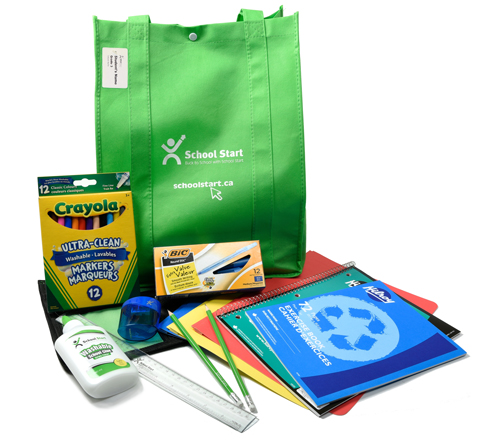Statement of Purpose
Queen Elizabeth Community School’s Code of Conduct has been established to maintain a safe, caring and orderly learning environment. The purpose of our Code of Conduct is to inform all members of the school community of our shared obligations and responsibilities while at school, going to and from school, and while attending any school activity at any location and including on-line behavior. Staff, students, parents and visitors are expected to follow the Code of Conduct.
Conduct Expectations
Respect yourself and others:
- Be polite, show respect, compassion and integrity
- Use appropriate language
- Follow directions of staff and play safely
- Dress appropriately
- Accept the right of others to be different
Respect learning:
- Participate in your learning to the best of your ability
- Listen to others
- Respect the opinions of others
- Takes part in purposeful learning environments in a timely manner
- Let adults know of incidents of bullying, harassment or intimidation
Respect the environment:
- Treat property with care and practice positive environmental practices
 Unacceptable conduct includes behaviours that:
Unacceptable conduct includes behaviours that:
- Interferes with the learning of others
- Hurt people either emotionally or physically with words or actions
- Creates unsafe conditions
- Damage school or personal property
- Are illegal activities
Rising expectations:
Increased personal responsibility and self-discipline will be expected of students as they become older, more mature and move through successive grades. The acceptable and unacceptable behaviours listed in this Code of Conduct are examples only and are not intended to be an all-inclusive list.
Consequences
Queen Elizabeth Elementary School will seriously treat behavior or communication that discriminates based on race, colour, ancestry, place of origin, religion, marital status, family status, age, physical or mental disability, sex, sexual orientation or gender identity (prohibited grounds set out in the B.C. Human Rights Code).
Such factors as frequency and severity of the infraction and previous infractions are taken into account when determining reasonable consequences. The age of the student, as well as impact on others, and the student’s ability to understand the impact, are also important factors.
A student’s medical, cognitive, social-emotional and personal profile must be considered in the determination of appropriate intervention and consequences.
Consequences, wherever possible, are preventative and restorative. The purpose of the consequences for unacceptable behavior is to help students learn from mistakes and be proactive about preventing further inappropriate behavior.
BC Human Rights Code
Queen Elizabeth Elementary School promotes the values expressed in the BC Human Rights Code respecting the rights of all individuals in accordance with the law – prohibiting discrimination based on race, colour, ancestry, place of origin, religion, marital status, family status, physical or mental disability, sex, sexual orientation or gender identity – in respect of discriminatory publication and discrimination in accommodation, service and facility in the school environment.



